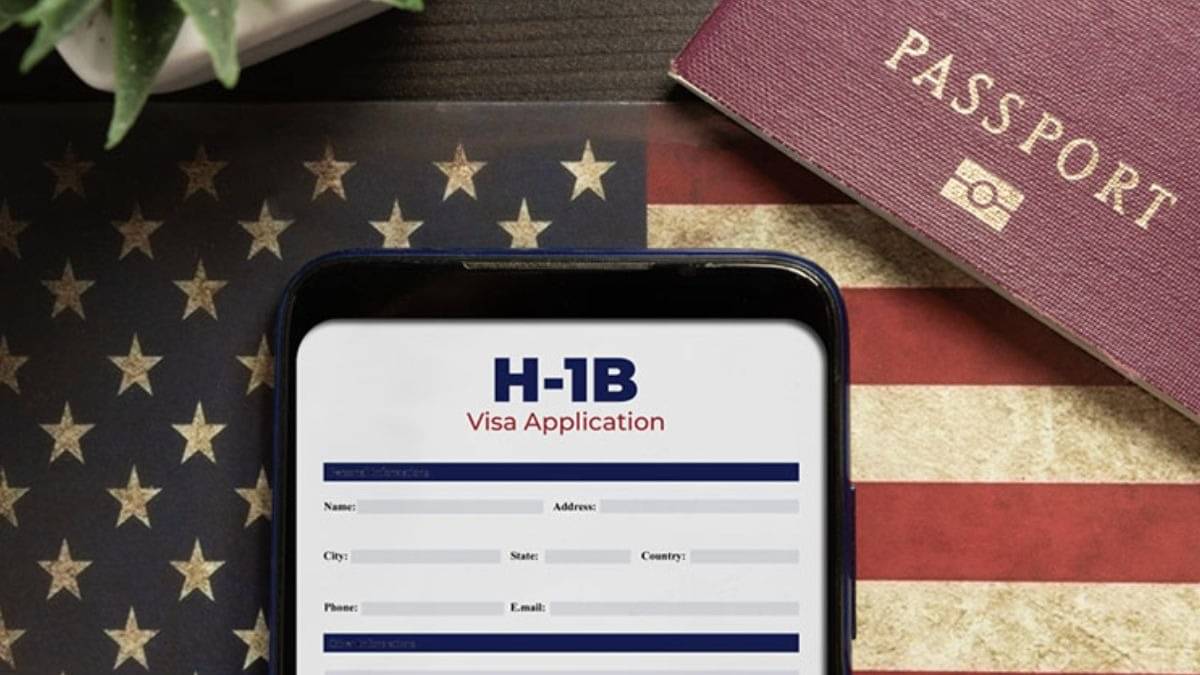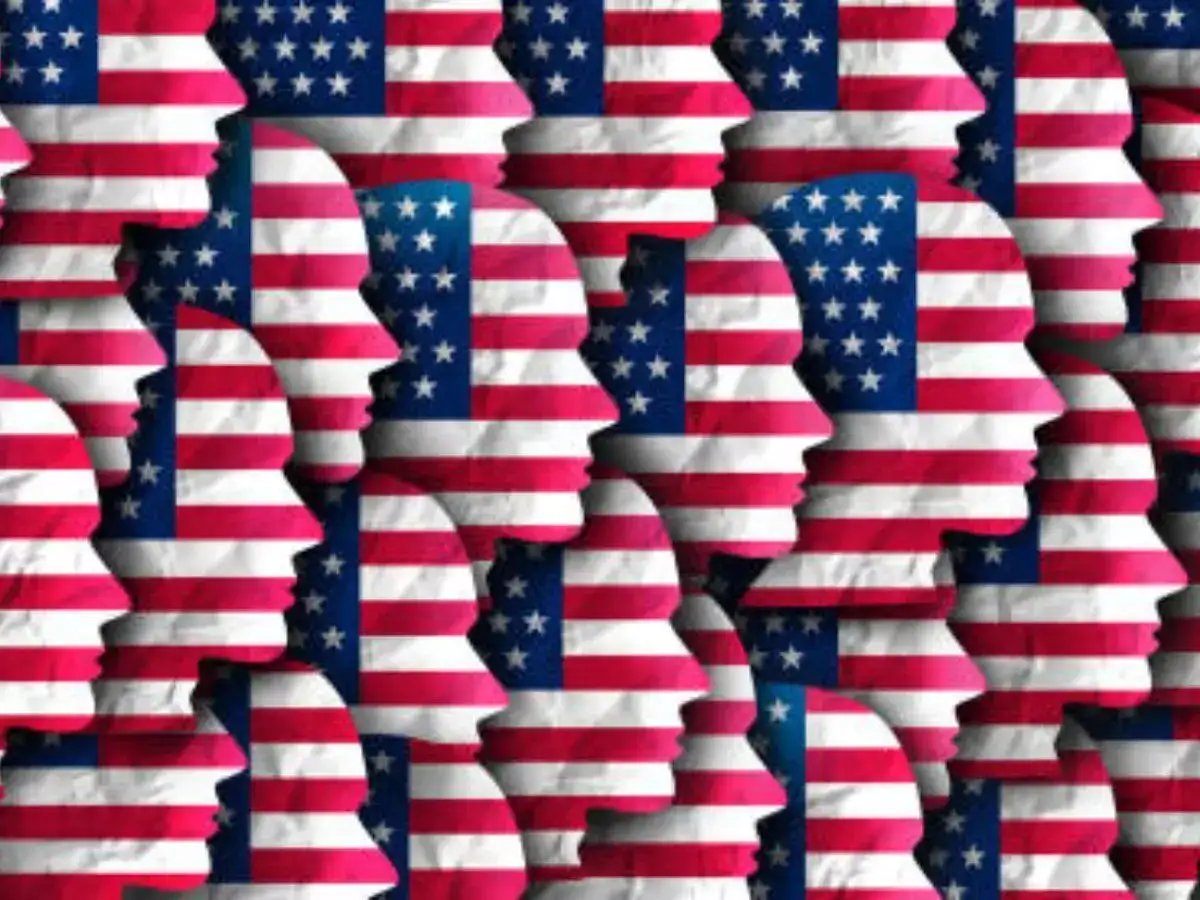U.S. Chamber of Commerce Sues Over Trump's $100,000 H-1B Visa Fee
This lawsuit represents a significant corporate challenge to a restrictive H-1B policy, signaling potential relief for employers and skilled workers facing drastically increased visa costs.

Subscribe to our newsletter and stay informed about latest H1B news, policy updates and and other developments.
Article Summary
The U.S. Chamber of Commerce has filed a lawsuit challenging President Trump's $100,000 fee on new H-1B visas for highly skilled foreign workers. The Chamber argues the proclamation imposing the fee was beyond presidential powers and would significantly increase labor costs, potentially forcing businesses to reduce H-1B hiring. This legal action is one of at least two lawsuits challenging the controversial H-1B visa fee.
Original Article: republicworld.com
[ Sentiment: neutral | Tone: factual ]
This summary and analysis were generated by TheNewsPublisher's editorial AI. This content is for informational purposes only; it does not constitute legal or immigration advice.
[ Sentiment: neutral | Tone: factual ]
This summary and analysis were generated by TheNewsPublisher's editorial AI. This content is for informational purposes only; it does not constitute legal or immigration advice.
TNP AI: Key Insights
This lawsuit by the U.S. Chamber of Commerce is a critical development for businesses and H-1B visa holders, directly challenging a policy that dramatically increases the financial burden of hiring skilled foreign talent. The proposed $100,000 fee is an unprecedented escalation from previous H-1B costs, which historically ranged from a few thousand dollars, and its enforcement would fundamentally reshape the program's accessibility.
For employers, particularly tech companies and startups, the outcome of this legal battle will determine the feasibility of their international talent strategies and workforce planning. A successful challenge could prevent prohibitive costs, while its failure would force a re-evaluation of H-1B reliance and potentially drive skilled jobs elsewhere. The ongoing legal scrutiny highlights the contentious nature of H-1B policy and signals continued uncertainty for the program's future.




